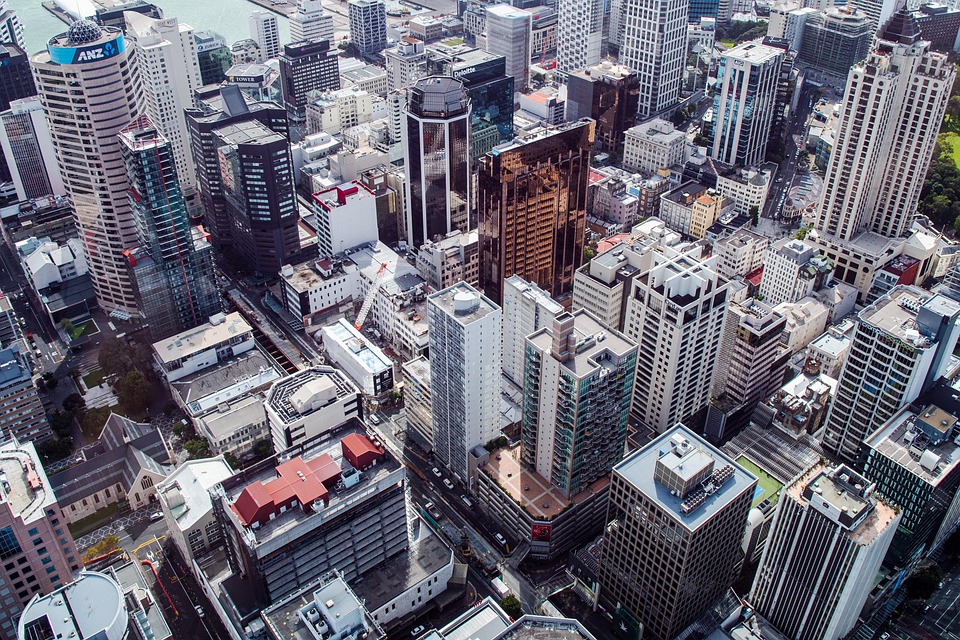“We are now extremely concerned that several factors could combine over the next few weeks or months to create a potential perfect storm,” said Dr Pierre Salama, WHO Deputy Director General for Emergency Preparedness and Response. “A perfect storm of active conflict, limiting our ability to access civilians, and distress among segments of the community, already traumatized by decades of conflict and killing. »
The senior WHO official’s comments follow a series of attacks, including one that killed at least 21 civilians on Saturday in the town of Beni, where WHO headquarters is located. Ebola-Intervention teams are based.
Several factors could combine over the coming weeks or months to create a potential perfect storm: Dr Peter Salama, WHO
“We saw attacks on August 24, September 3, 9, 11, 16, 21 and more recently and more dramatically on September 22 in the town of Beni itself,” he said. He said Beni was the agency’s base for “the entire operation”.
In addition to civilians being worried, Dr Salama said he was concerned that following the latest attack, outraged communities declared Beni a “ghost town” so that mourners could mourn, thereby suspending UN operations.
“We learned this morning that yesterday’s ‘dead city’ has been extended until Friday this week,” he said, “which essentially means for the UN family, including the WHO, a lockdown in Beni. Our operations are in effect suspended.”
This development means that on Monday, WHO staff were only able to reach 20 percent of desired contacts, in and around Beni, Dr Salama said.
Butembo could also declare a “ghost town” in the coming days as a sign of sympathy for the population of Beni, he added, increasing the risk of a rapid deterioration of the situation.
“If we see unsafe burials that cannot be responded to and symptomatic people that cannot be accessed, we can see that situation deteriorate very quickly,” Dr. Salama said.
In addition to many people’s fear of Ebola, the senior WHO official said the situation was further complicated by local politicians who were “exploiting and manipulating” them ahead of the upcoming elections.
Social media reaction to the outbreak also adds to a “range of conspiracy theories”, Dr Salama said, adding that people were “actively running away” from health workers, including in places where there have been large numbers of cases in recent weeks.
In the nearly two months since the outbreak was declared, as of September 23, there have been 150 confirmed and probable cases of the disease, and 100 people have died. Symptoms of Ebola include high fever and vomiting, making it difficult to treat because it resembles many other illnesses in its early stages.
Speaking to United Nations journalists in Geneva, Dr Salama stressed that the international response to this major public health threat had been excellent and that donors had responded “very quickly and generously” to this latest outbreak, which is the tenth in the DRC since the 1970s.
This progress risks being reversed by the surge in violence in the Kivus region, which is home to more than 100 armed groups, he said, before noting that neighboring countries now also face an increased risk of spreading the disease.
“There are no plans for WHO or UN staff to withdraw”
“We call on the international community to continue funding the response,” he said, “both in North Kivu, but also, and increasingly importantly, in the neighboring provinces of Kivus and Ituri, and in surrounding countries.”
One of the armed groups in the DRC that pose a threat to civilians and the international response to Ebola, the ADF – Allied Democratic Forces – has sufficient military capabilities to ambush the peacekeepers of the UN Stabilization Mission in the DRC (MONUSCO) and government forces – the FARDC.
“The ADF in particular has enormous capabilities,” Dr Salama said. “They managed to invade entire FARDC bases in and around Beni, they managed to ambush the (UN) forces.”
Asked if the growing violence could force the WHO to leave the area, Dr Salama said there were “no plans” to do so and that only a “very significant presence” from the UN and its partners could stop the disease.
“There are no plans for WHO or UN staff to withdraw,” he added. “You know that the philosophy of the UN is to stay and act in all circumstances, unless we become direct targets of violence. »
“I don’t believe… that we can stop Ebola without a very significant presence from the UN and its partners, despite the fact that the Ministry of Health has shown great leadership and done an extremely good job in this response,” he added.
Originally published at Almouwatin.com








